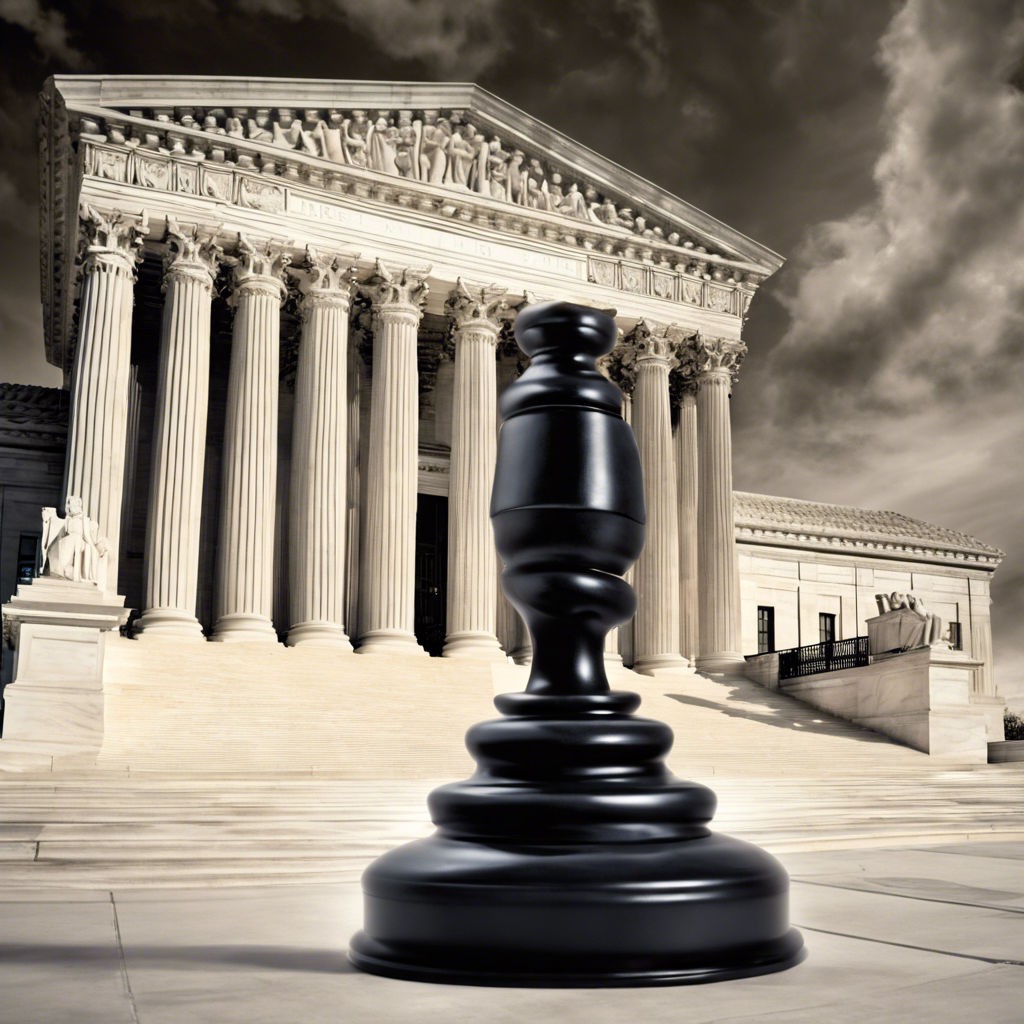The Supreme Court’s Disregard for Science: A Threat to Federal Regulation?

Loper Bright Enterprises v. Raimondo and the Conservative Court’s Skepticism of Scientific Consensus
The upcoming Supreme Court case, Loper Bright Enterprises v. Raimondo, raises a crucial question: should the Supreme Court take over federal regulation despite its reputation as one of the most scientifically illiterate bodies in government? This issue is particularly concerning given the court’s long-standing disdain for scientific evidence that contradicts its policy preferences. From its conservative majority’s skepticism of social sciences to its rejection of the scientific consensus on environmental issues, the court’s disregard for science has far-reaching implications. This article explores the implications of the court’s scientific skepticism and its potential impact on federal regulation.
Skepticism of Scientific Consensus:
The Supreme Court’s skepticism of scientific consensus is not a recent phenomenon. In cases such as Stanford v. Kentucky and Lockhart v. McCree, conservative justices demonstrated a disregard for scientific evidence, particularly in the social sciences. Justice William Brennan criticized the conservative majority’s “misplaced disdain” for scientific evidence in the context of capital punishment for 16- and 17-year-olds. Similarly, Justice William Rehnquist dismissed multiple peer-reviewed studies, favoring only the one that supported his position. Chief Justice John Roberts has even referred to certain fields as “sociological gobbledygook.”
Conservative Justices and Climate Change:
Conservative justices have also made statements contradicting the scientific consensus on climate change. They have argued that carbon dioxide is not a pollutant and that a surface connection between navigable waters is necessary for pollution of wetlands to matter. Despite the overwhelming scientific consensus on these issues, the conservative justices have chosen to disregard it in favor of their own opinions.
The Importance of Chevron Deference:
Chevron deference, which requires courts to defer to agencies’ reasonable interpretations of their controlling statutes, plays a crucial role in ensuring that scientific expertise informs judicial decisions. Administrative agencies employ experts in their respective fields who have dedicated their lives to studying the sciences relevant to their work. In contrast, judges and court employees are experts in the law, ideally relying on scientists to inform their understanding of scientific issues. Justice Stephen Breyer has emphasized the importance of seeking decisions based on scientifically sound knowledge. However, the court’s current conservative majority appears more interested in disregarding scientific evidence.
The Loper Bright Case and Conservative Opposition to Chevron Deference:
The Loper Bright case represents a culmination of the conservative crusade against Chevron deference. Conservative judges skeptical of the policy recommendations arising from scientific research seek to put more power in the hands of judges who share their views. The opposition to federal agencies stems from the perception that scientists and policy experts regulating these agencies are increasing costs for conservative allies within corporations. Conservative donors and nonprofits have long pushed for the court to overturn Chevron deference, and their efforts seem to have paid off with a majority on the court openly hostile to the doctrine.
Challenges and Potential Solutions:
While Chevron deference may be on the chopping block, efforts have been made to codify the doctrine by statute, clarifying Congress’s intent to empower agencies to exercise their best expert judgment. Another approach involves considering the stripping of the court’s jurisdiction over certain matters, which could extend to laws based on scientific consensus. Increased engagement by scientists and the public with the science relied upon by the court could also be beneficial. Given the court’s history with science, it is alarming that it seeks to play a stronger role in shaping U.S. policy. Those concerned about science and public policy must start planning for the potential consequences of the Loper Bright case.
Conclusion:
The Supreme Court’s skepticism of scientific consensus and its potential erosion of Chevron deference pose significant threats to federal regulation. By disregarding scientific evidence and favoring their own policy preferences, conservative justices risk undermining the expertise of agencies and the crucial role they play in protecting public health, safety, and the environment. As the Loper Bright case approaches, it is essential for those who value science and evidence-based policymaking to remain vigilant and seek solutions that preserve the integrity of federal regulation. Only by recognizing the importance of scientific expertise can we ensure the fair and effective governance of our nation.










